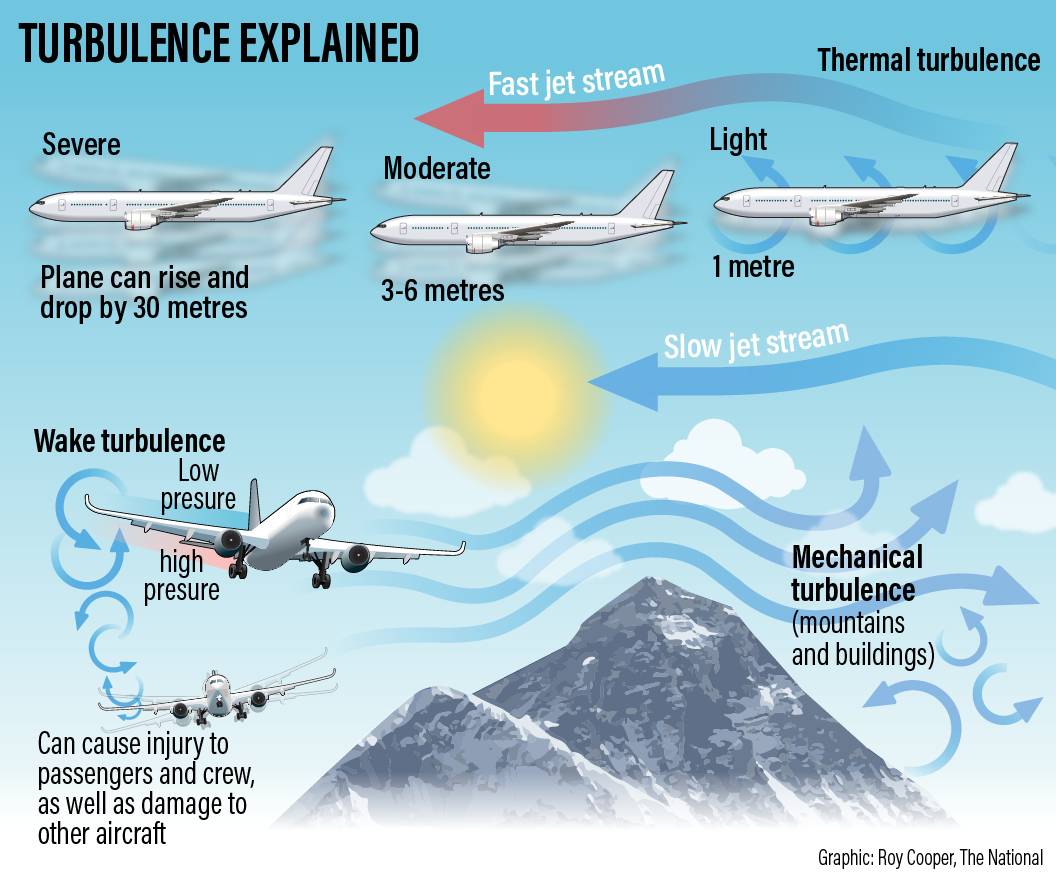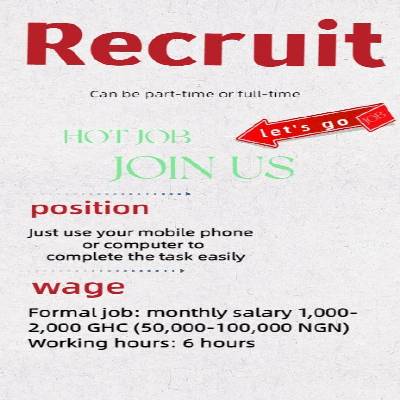Insurance intermediaries serve as a conduit between insurance firms and their customers, as well as facilitating the placement and purchase of insurance. Insurance intermediaries are traditionally classified as either insurance agents or brokers. The distinction between the two is based on how they operate in the sphere of business acquisition.
However, in recent years, the unusual tactics of certain insurance brokers have exacerbated an already negative view of insurance among some members of the public, further reducing the rate of penetration in Ghana, which is presently around 2%.
Insurance product distribution
Most insurance firms, particularly life insurance companies, rely significantly on their trained agents to distribute their products. Pundits have highlighted concerns about agents who aren't qualified.
However, I disagree with this assumption since, to the best of my knowledge, most agents receive sufficient training and retraining from their organisations but are content to do their own thing on the field when faced with various problems. Some agents are unable to avoid being trapped in the web, which ranges from mis-selling to blatant misrepresentation of their firms. Clients are frequently left in the dark about policy intricacies, and they are occasionally led to believe that policies can accomplish things that aren't true.
What exactly do insurance agents perform?
In general, insurance agents are authorised to do business on behalf of insurance firms. In the insurance process, agents represent the insurer and normally work under the terms of an agency agreement with the insurer.
The connection between the insurer and the agent can take many different shapes.
Agents in particular areas are usually independent and deal with many insurance companies. In Ghana, agents work exclusively with a single insurance firm, offering certain lines of business. Meanwhile, certain general insurance agents are allowed to market for both life and non-life insurance firms if they are licenced by the National Insurance Commission (NIC). In most cases, agents work as independent, exclusive, insurer-employed, or self-employed agents.
Client sophistication is rising.
Because customers are becoming more sophisticated, agents give them with the knowledge they need to make educated decisions. Agents use their skills to assist their customers in determining their requirements so that they may make educated decisions.
As a result, insurers are able to provide appealing products, mostly through their agents, at reasonable prices. This emphasises the need of insurers continuing to improve its agency force's competence in order to remain competitive and contribute to national growth.
Agent recruitment, placement, and profiling
Agents are mostly recruited in Ghana through radio and television advertisements, announcements in churches and mosques, referrals, and internet job postings. Following a comprehensive screening procedure that covers the fundamental qualifying criteria of 18 years or older and WA/SSCE, successful applicants are subsequently trained (with passes in English and Mathematics). Meanwhile, agents with diplomas and degrees are frequently put in the higher market, and WA/SSCE holders are usually placed in the mass market since they readily slip out after training.
 blogpay
blogpay






















